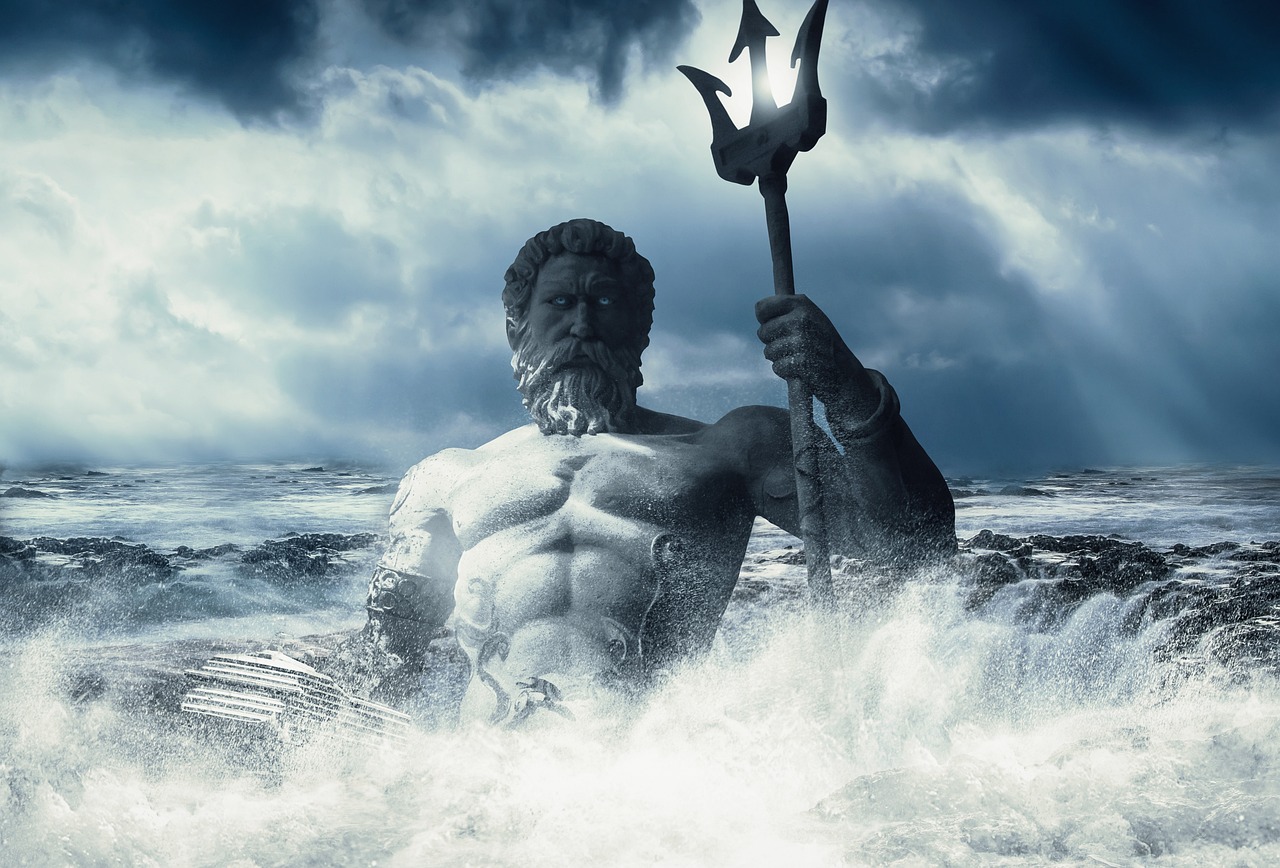Greek mythology represents a vast collection of tales regarding the deities, heroes, and customs of ancient Greeks, showing a rich cultural heritage from Classical antiquity. While critical thinkers such as Plato acknowledged that these myths often contained fictional elements, they were primarily regarded by the typical Greek populace as authentic stories. The profound impact of Greek mythology on Western arts and literature has cemented its place as an unparalleled source of inspiration, influencing creative minds from ancient up to modern times. These myths echo the thoughts and ideas of countless civilizations seeking to explain natural events, recount heroic deeds, or provide a rationale for social or political practices. Nevertheless, the myths of the Greeks continue to stand out for their captivating narrative and breadth of imaginative appeal.
Origins and Sources of Myths
The essence of Greek mythology can also be explored through its literary foundations and archaeological findings. The most notable literary sources are the epics attributed to Homer, namely “The Iliad” and “The Odyssey.” The historian Herodotus, who lived during the 5th century BCE, noted that Homer and Hesiod were instrumental in shaping the characters of the Olympian gods, a claim that modern audiences may not fully accept today. In the “Iliad,” for instance, figures such as Apollo are recognized by their lineage, highlighting a shared familiarity with these myths among Greek audiences.
Hesiod’s works, particularly “Theogony” and “Works and Days,” serve as vital resources for understanding the origins of the deities and the complexities of Greek mythology. “Theogony,” believed to have been penned around 700 BCE, outlines the genealogical structures and birth of the gods while intertwining folktales that explain natural phenomena. On the other hand, “Works and Days” offers insights into agricultural practices and addresses themes of justice and morality, presenting the idea that living rightly is key to navigating a perilous existence.
Additional Literary Contributions
Numerous other literary works complement the narratives found in Homer and Hesiod. Fragmentary epics often fill narrative gaps about the Trojan War, while the Homeric Hymns present shorter poetic pieces that supply details about important religious practices. Lyric poets revived several myths, with the odes of Pindar in particular richly layering mythic and historical references.
During the Hellenistic period, figures such as Callimachus documented many obscure myths, while Euhemerus pioneered the theory of Euhemerism, suggesting gods originated from historical figures. The pursuit of the Golden Fleece led by the Argonauts was brought to life by Apollonius of Rhodes, showcasing the varying degrees of mythological storytelling that persisted through the ages.
Archaeological Insights
Archaeological revelations have significantly shaped modern understanding of Greek mythology. The Mycenaean civilization unearthed by Heinrich Schliemann and the Minoan civilization, discovered by Sir Arthur Evans, offer crucial insights into myth and ritual practices within Greek society. These civilizations provide glimpses into early cultural expressions from approximately 2200 to 1450 BCE for the Minoans, followed by the Mycenaean civilization from 1600 to 1200 BCE. Unfortunately, the surviving evidence from these periods is primarily monumental, lacking comprehensive written records aside from the Linear B script used for inventories.
Artistic depictions from the 8th century BCE reveal scenes from legendary accounts such as the Trojan War and the formidable exploits of Heracles. However, the abstract nature of their forms complicates identification, and the absence of accompanying inscriptions limits scholarly interpretations. The following Archaic, Classical, and Hellenistic periods saw a resurgence of mythological representation in artworks, enriching the literary canon with references to both Homeric and other mythological motifs.
Through this intricate tapestry of narrative, art, and scholarship, Greek mythology continues to stand as a vital part of cultural discourse, illuminating the depths of human imagination and the timeless nature of storytelling.



